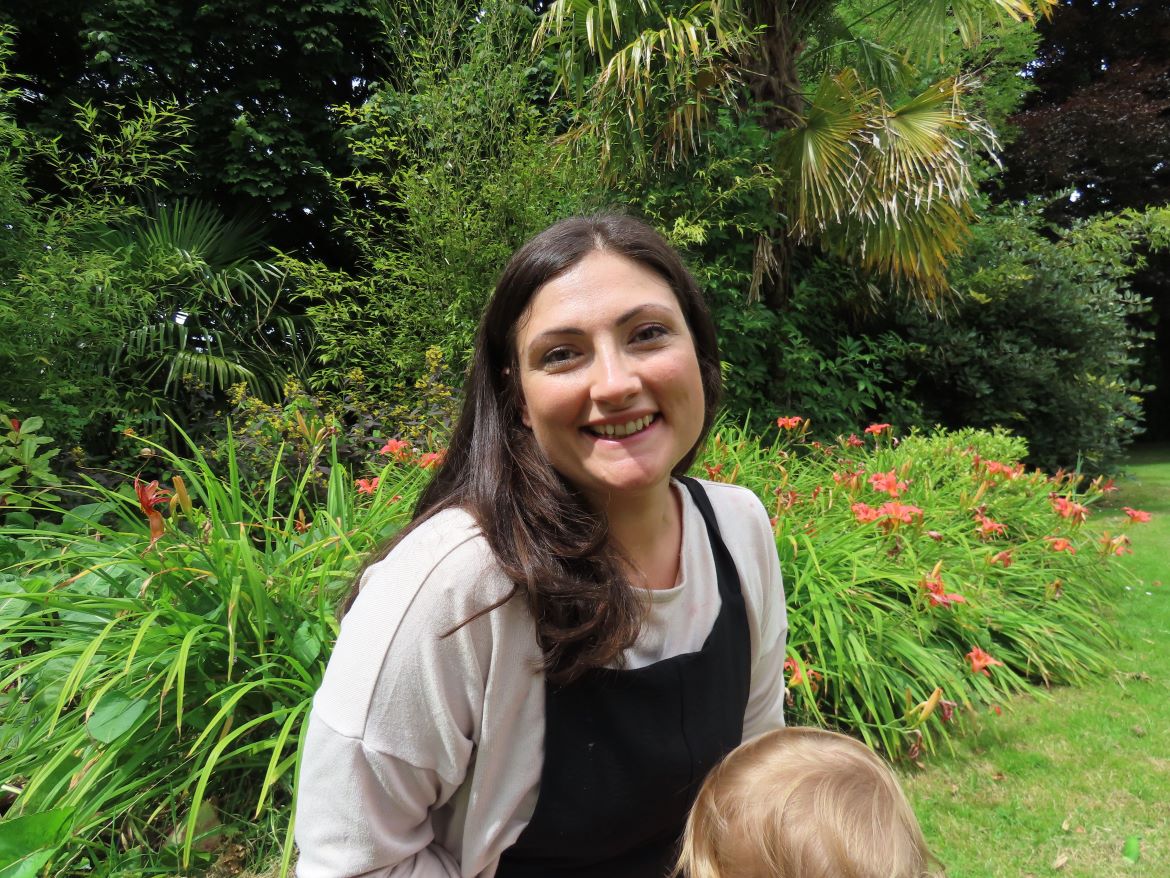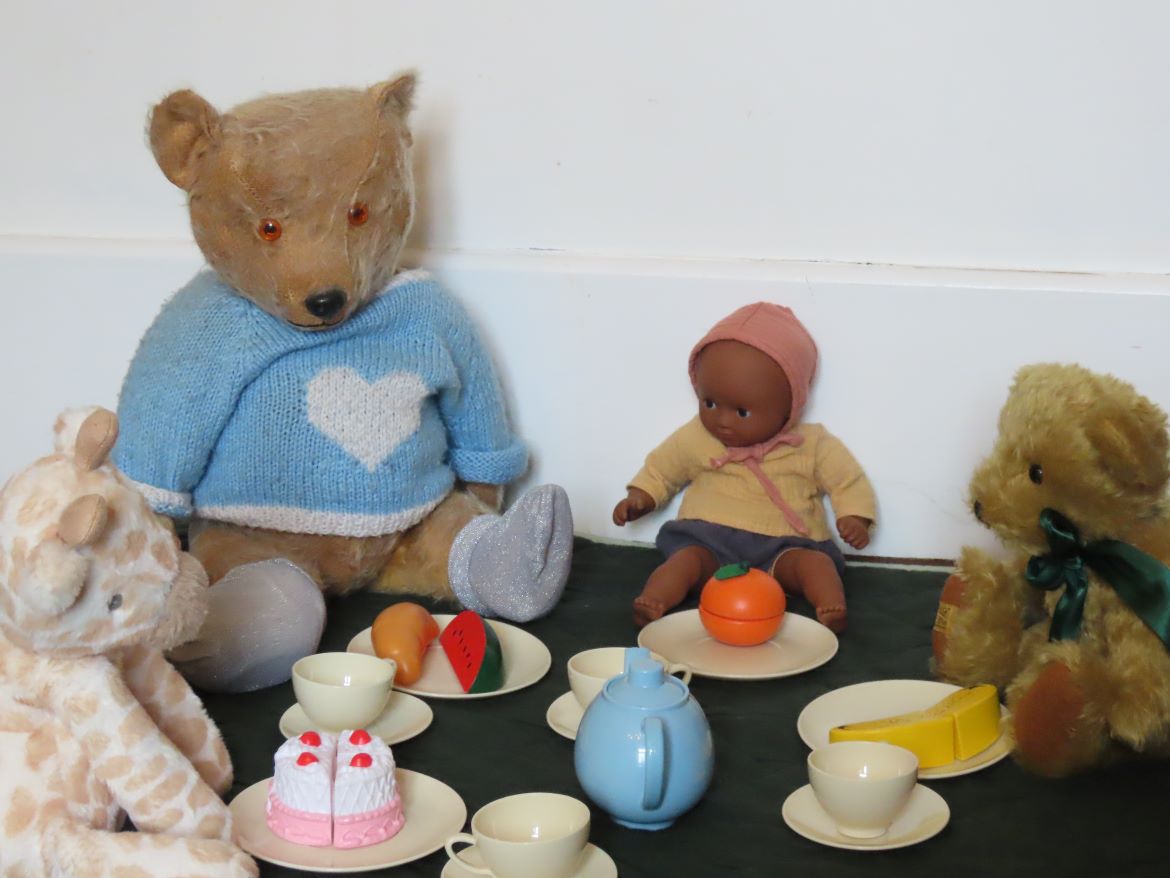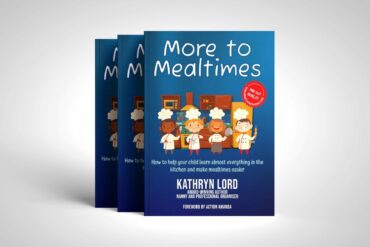At Milk to Mealtime, they understand the emotional and practical challenges that come with feeding difficulties. Whether it’s breastfeeding concerns, bottle refusal, picky eating, or transitioning to solids, these struggles can feel overwhelming and isolating, but you don’t have to face them alone. Led by Laura Bottiglieri, an experienced Speech and Language Therapist specialising in paediatric feeding and dysphagia, Milk to Mealtime offers personalised support designed to meet your family’s unique needs. Their mission is simple: to help you feel confident, empowered and supported as you guide your child from milk to mealtime. Here Laura talks to The Natural Parent Magazine about the passion behind what she does, the services she offers to families, and her hopes and dreams for the future.
The passion: What inspired you to set up your business?
There are few things more fundamental than feeding and nourishing your baby or child, however old they are. Food and feeding is what drives energy and the everyday. We are always working towards the next milk feed or mealtime.
I have been a Speech and Language Therapist for a decade now. I have always practised in the field of Dysphagia and become ever more specialist and focused over the years. Speech and Language Therapy is quite an unknown profession with many, understandably, not knowing very much about what an actual day may look like or the type of clients we may support, let alone then adding the niche field of Dysphagia. Dysphagia is the clinical umbrella term for eating, drinking and swallowing difficulties.
Milk to Mealtime was born of two motivators. The first, continuing to do the job I love, with the families I cherish, in a way that is more flexible for me and mine. The second, being wholly shaken by the constraints placed on clinical practice in the public sector and only ever being able to work on offering as little as we can get away with because of ever-growing waiting lists and limited capacity. The subsequent pressure this places on tightening thresholds and reducing who we can offer a service to was the catalyst for taking the leap for me.
Milk to Mealtime wants to be there for every parent or carer supporting a baby or child with a feeding or eating difficulty, however big or small their needs are and for however long they need us, in a judgement-free way. The uncomfortable feeling for me is the exchange of payment. Being British, I have benefitted from and am proud of the NHS. Free at the point of access. I wish that could go further but sadly it doesn’t and if someone chooses to access my support at a time they want it, I have made peace with that.

The launch: How did you start out in the beginning?
Having worked in the public sector for so many years, I didn’t bring any business knowledge to the table, so I didn’t really ‘launch’. The business was a knee-jerk reaction to wanting to offer a more bespoke option for families that wasn’t currently available, knowing there are so many families that want and need support to overcome feeding challenges. I found a website platform that I understood and built a website, practically overnight. I then started an Instagram business page, put a few notices out on my personal accounts, shared a few fliers up in the community and set up ‘meet and greets’ at local parent & baby groups.
I would definitely say I am still very much ‘in the beginning’ and figuring things out as I go.

The practice: What are you offering families and what can they expect from you?
Firstly, I think it’s important to highlight the figures. Feeding difficulties are more common than you’d think. Like with lots of things child rearing focused, the struggles with breastfeeding or bottle feeding, weaning or fussy eating aren’t spoken about because we all feel this undue societal pressure to be doing things a certain way or that our children should be able to feed, eat or drink with ease. For parents or carers feeling like they are isolated or on their own with their experience, you absolutely aren’t! As high as 50% of typically developing infants and children experience a feeding difficulty at some point in their early years. Many of those infants and children would highly benefit from input from a feeding specialist at some point in their journey to prevent more entrenched challenges. This figure increases for populations of children with medical conditions or developmental disabilities.
Interestingly, in the social media world, feeding difficulties are often seen to be addressed by Dieticians or ‘infant feeding specialists’ with non-descript training. While these professions have their place, a Feeding Specialist with a Speech and Language Therapy background gives you so much more. A Speech and Language Therapist with Dysphagia qualifications can complete detailed assessment of a baby or child’s anatomy, physiology, motor functioning, sensory needs as well as the psychological and neurological aspects of the components of eating and drinking. ‘Complementary’ feeding specialists are not qualified necessarily to provide such an in-depth and holistic assessment. How is it possible to do this online? With a decade in the game, my skills in observational assessment have become very refined. We can analyse video footage alongside reporting to develop an impression of the situation. As a professional, if there is something I am unable to address, I would of course be honest about that and provide signposting to appropriate services.
After an initial consultation, I always provide a written summary and therapy plan to help parents and carers keep on track.











